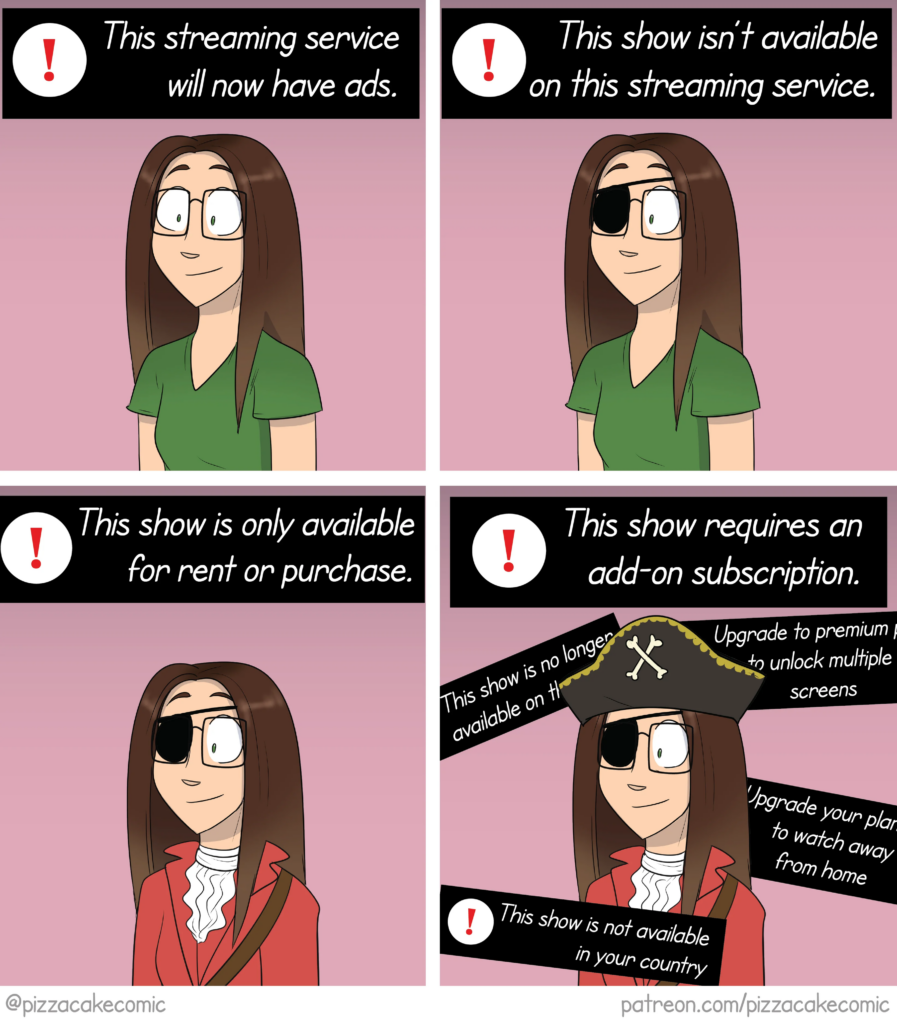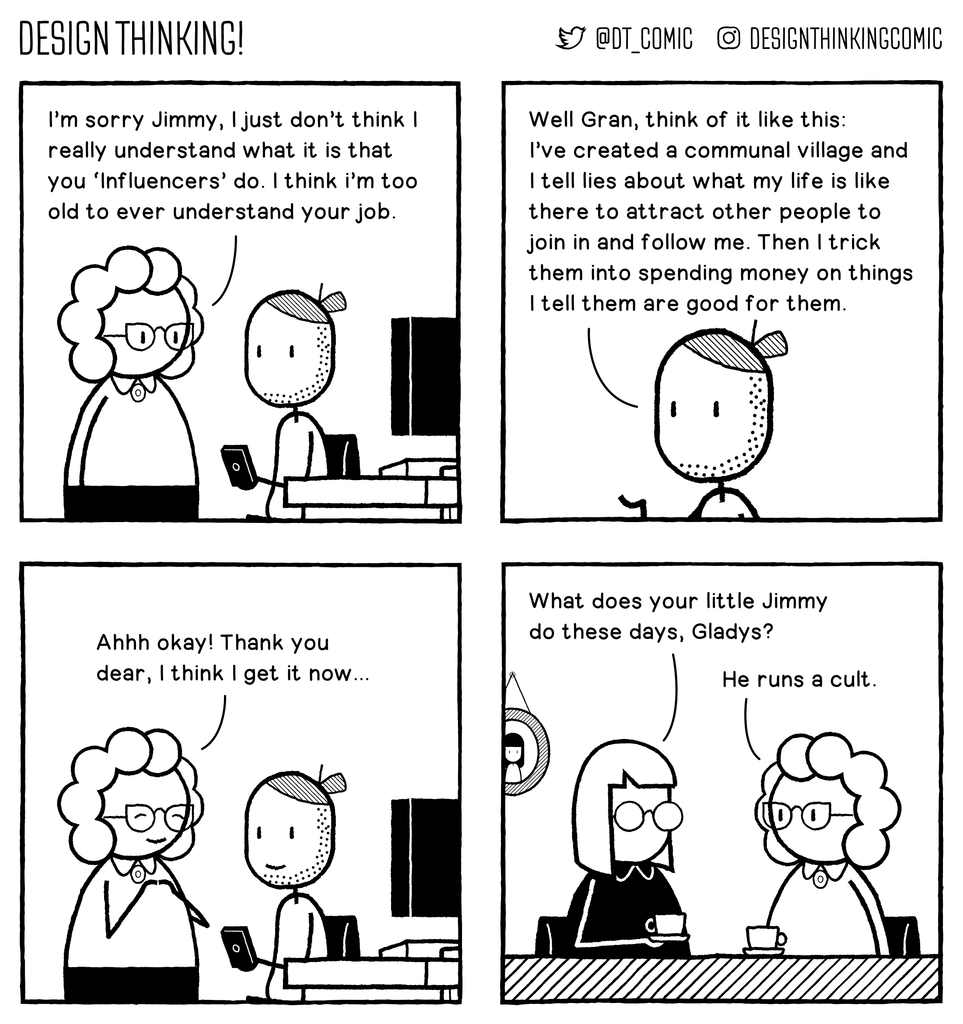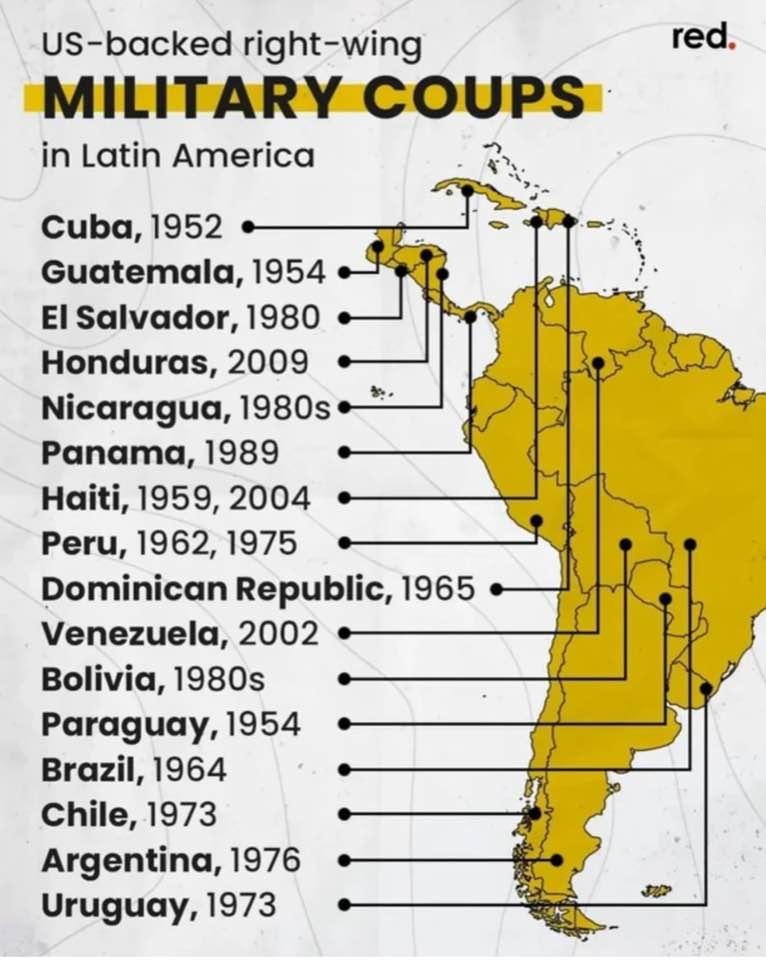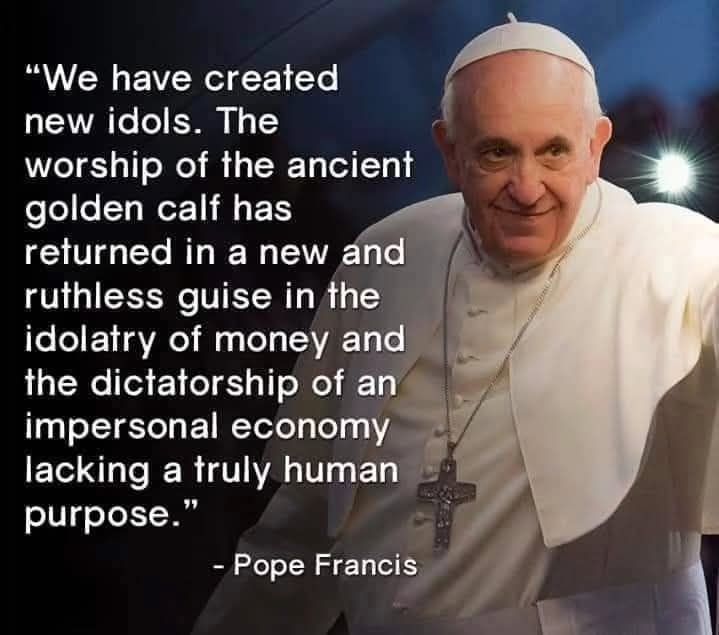In the current #mainstreaming mess, liberalism – like its phonetically similar cousin libertarianism – isn’t a coherent political philosophy. It’s a bundle of aesthetics and vibes that a professional class has used as a moral identity. A sacred story: free expression, a “marketplace of ideas,” rational debate gently shepherding society toward progress. In theory, in practice, it’s bullshit – and what happened around Gaza exposed this brutally clearly.
For the last few hundred years, liberal states used police violence, infiltration, and false-flag tactics to reframe domestic protests they dislike as “riots.” The script rarely changes: protesters are framed as disorderly, violent, irresponsible, which then forces the state to respond with tear gas, batons, rubber bullets, and mounted charges. And, conveniently, these protests are almost always leftist, anti-capitalist, and anti-racist. A coincidence, if you’re feeling generous. What made liberalism tolerable to many wasn’t the absence of violence – it was the aesthetics of regret that accompanied it.
“If only they hadn’t violated the permit.”
“If only they hadn’t broken that window.”
“You made us do this.”
This performance preserved the illusion that repression was an unfortunate exception rather than a structural feature of liberal governance. With anti-genocide protests, that illusion collapsed. There was no regret, just open state violence. Something about criticising Israel short-circuited the liberal self-image across the political class – from presidents to mayors to university administrators. The aesthetics of principle vanished the moment those principles became inconvenient.
So the violence was let loose, publicly and unapologetically. And then they went further, in the so-called “liberal” West, speech itself was criminalised. Anti-Zionist and anti-genocide speech was redefined as illegal, then extremist, then terrorist. Careers were ended, students were expelled, workers were fired, and entire movements were placed under sanction. This from an ideology famous for repeating: “I disapprove of what you say, but I will defend to the death your right to say it.” Turns out that line was always branding, not belief.
If you look honestly at liberalism’s history, punishing speech isn’t an aberration – it’s a pattern. From the Red Scares to COINTELPRO to the violent suppression of student protests in the UK, liberal states have always crushed dissent when it threatened capital or empire. What’s new isn’t the repression. It’s how openly it’s now done, in an era of visible collapse.
To be clear, many good people, with good intentions, supported speech-regulating frameworks. Some limited, local improvements did come from this. But Gaza (and Trump II) stripped the illusion bare: these systems were never neutral, and they were never safe. When the state gets to define “hate speech,” it can define what we hate. When the state gets to define “terrorism,” it can define anyone as a terrorist.
Corporations followed smoothly, shifting definitions depending on who holds power. One day, it’s anti-genocide activists being fired. The next, it’s entire #DEI departments. Same tools, different targets. We need to say clearly: Anti-racist speech is not racist hate speech. Anti-genocide and anti-Zionist speech is not antisemitic.
The issue isn’t opposing hate. The issue is how quickly and comfortably liberals abandoned the full text of their own ideals the moment those ideals required material courage. This isn’t a Gaza-only problem, Gaza just stripped away the mask.
What we’re seeing, again, is a familiar: systems of oppression built with “good intentions” are repurposed into systems of repression under new management, same machinery, slightly different branding, same core users. That’s why this matters. Because the tools liberals built to “manage” society – to enforce compliance, regulate speech, and discipline dissent – are now being effortlessly redirected. And they will keep being redirected, because that’s what vertical systems do.
It’s almost like the current #mainstreaming isn’t how you liberate people. If you really want to understand how the actually-existing mess works, here’s the metaphor liberals refuse to face: You don’t deal with a mafia organisation by issuing fines per offence. You deal with it by dismantling the organisation – jailing leaders, seizing assets, and breaking the power structures entirely. Anything less is vibes, aesthetics, and the comforting fiction that this time the vertical system will behave itself.
Post inspired by @johnzajac@dice.camp











